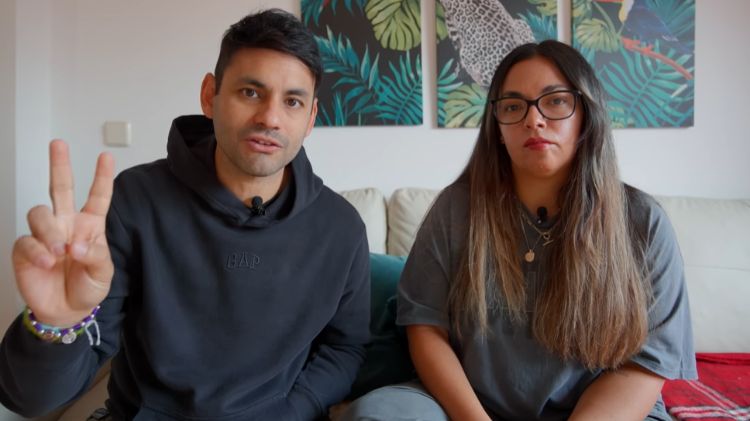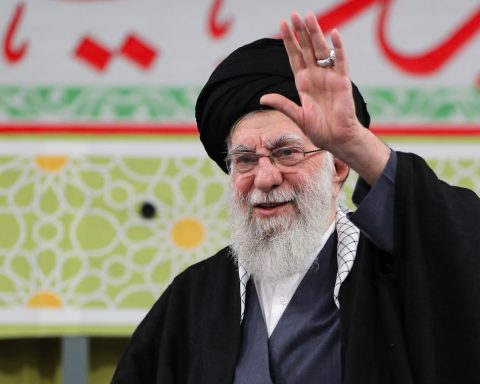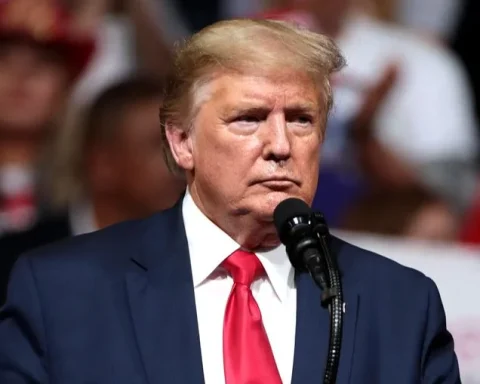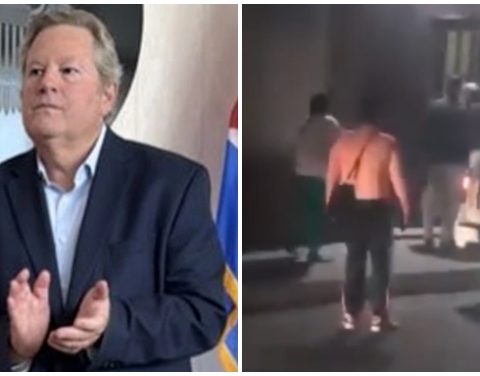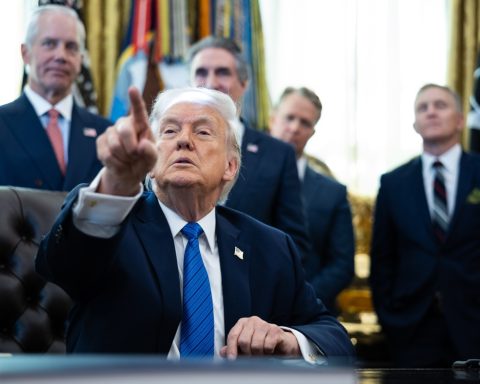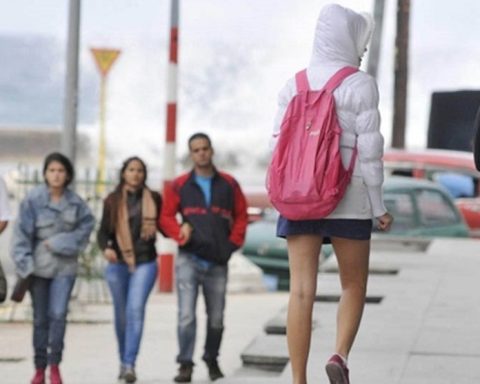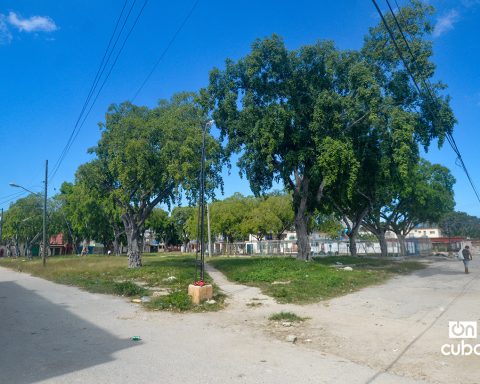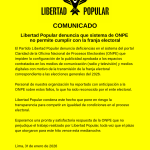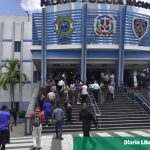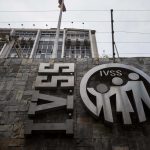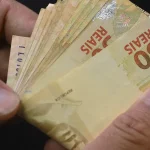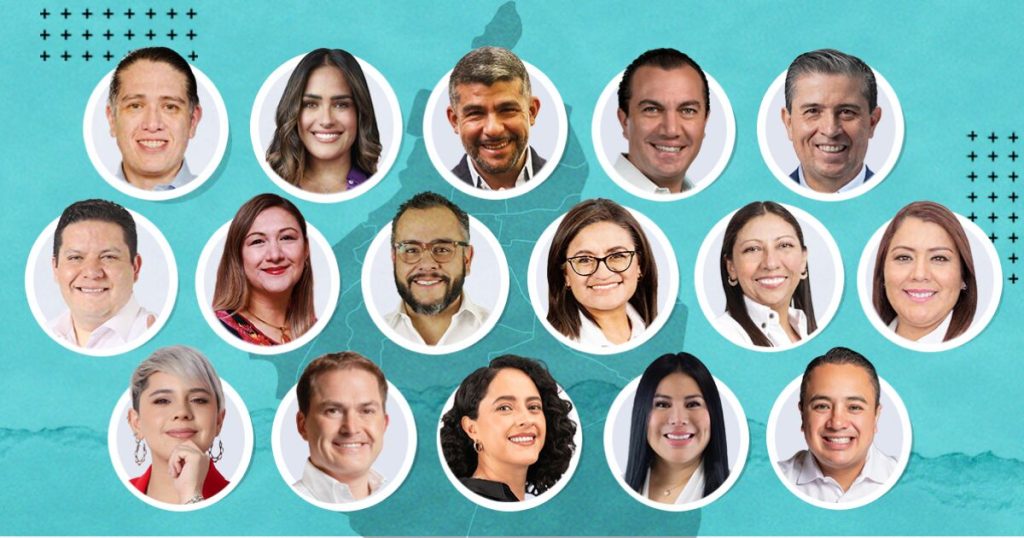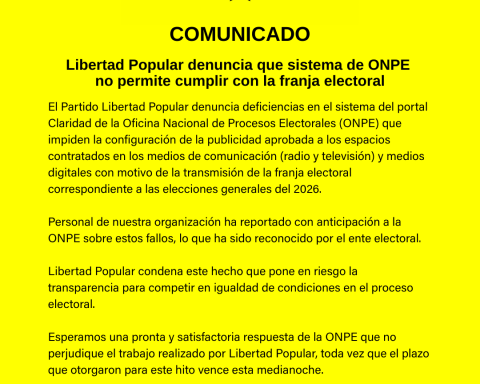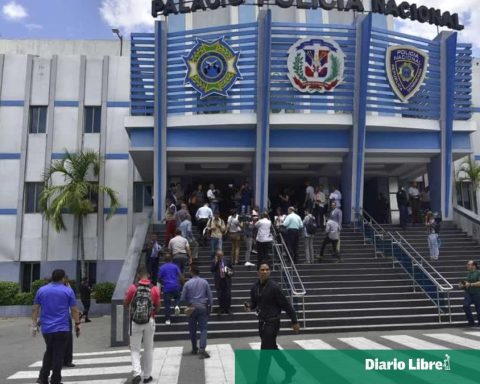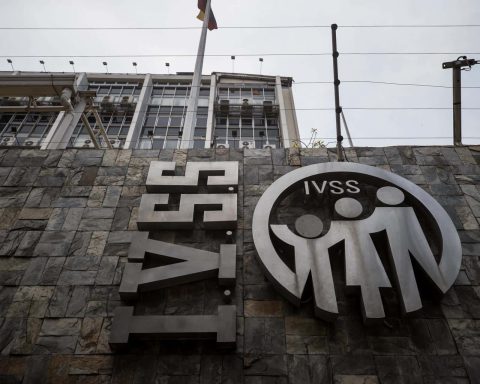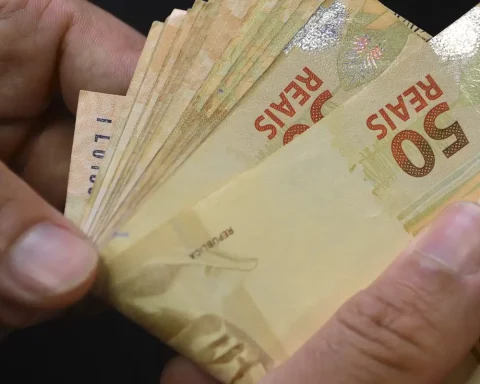AREQUIPA, Peru – On September 19, two Peruvian YouTubers traveled to Cuba as tourists to record videos for their social networks. However, just two days after arriving in Havana they were detained by the authorities, interrogated by Castro’s State Security (SE) and deported to their country.
This is Eva Cavero and Andrés Izarnótegui, a young couple behind the channel called “The Blue Combi” in which they record travel, lifestyle and useful advice blogs.
According to the Peruvians, their experience on the island began to go wrong as soon as they arrived at the José Martí international airport, where the immigration authorities separated them from the rest of the travelers on their flight.
“Eva passed by, they saw her passport, they told her to stand to the side,” Andrés says in a video. “I passed, they saw my passport, and they told me to stand aside. From then on it was something a little strange for us. “An immigration officer came over, he just took our passports.”
Then a second officer intervened, who questioned them about where they were staying, how long they were going to stay, and what their profession was. In a matter of minutes, the couple claims that they spoke with a third person, and also with two other agents who took them to “the famous little rooms” for a more exhaustive scrutiny.
Beyond the same standard questions, the officers told them that “many YouTubers had gone to discredit Cuba with their videos.” After finishing, the passage through customs was not friendlier either, as there they were also approached with other questions.
“It was interrogation after interrogation. Until finally, after almost two and a half hours, we were able to leave the airport to our hotel,” they commented.
First incidents in Cuba
The next day, the couple met with Victor G, a young Cuban content creator who has had good reach on social networks in recent years. The idea was to talk with local people, record collaborations and at the same time learn first-hand about life on the Island.
Walking through the streets of the capital, the young people met The Cathedralthe historic center and finally they went to Old Havana to visit one of its most famous lots, featured in multiple music videos and even movies.
Inside the Havana quarters, Eva and Andrés met Luisa, an elderly Cuban who snuck coffee for them, agreed to appear on their blog and told them about the situation in the country. Without knowing it, the visit would mark the beginning of the end in relation to their trip.
A few meters after leaving the lot, a supposed immigration agent intercepted them and took them to a nearby rental house. In the room he questioned them and asked for their passports.
“What he did was make a phone call, we don’t know who or what he talked to that person. We just heard him give them our names and tell him that we were recording in the street,” says Eva.
He wrote everything down in a notebook, the name of his hotel, the room number. They asked them to see the camera material. The interrogation took about half an hour, they remember.
September 21 passed with the same routine. They left the hotel, met Victor G, visited other parts of the city and recorded more content. At 4:00 PM they returned to rest.
“Here comes the interesting part. At approximately 4:20 PM there was a knock on the door of our hotel room. When we approach to open we see two immigration officers and two hotel workers. “One of the officers enters the room and immediately asks us to turn off the phones and give him the passports.”
Then, the men prevented them from contacting the Peruvian embassy with the excuse that they could do so once they arrived at the place where they would be transferred. Thus, they urged them to collect their belongings and, without offering further details, they left for “the immigration offices.”
Interrogation, rapes and deportation
A room with yellow curtains, no windows. For furniture, only a two-seat sofa and a couple of armchairs. That was the interrogation room where the young Peruvians suffered the humiliation that activists, independent journalists and political prisoners on the island are accustomed to when dealing with the Castro State Security agents.
Among the interrogators, the YouTubers were unable to identify one of them because they highlight that he was “dressed in civilian clothes.” Meanwhile, two others did arrive in uniform.
“The first question was quite strong and it was the one that surprised us the most because in some way we could sense that there was something about what we were doing that they didn’t like, but we never imagined that there was something else behind it.”
“They told us: what non-governmental organization has paid you to come and discredit the Government of Cuba?” says the couple in disbelief.
“That’s where we stayed… ‘Wow! We are public people!! Nobody is paying us!’ Practically everything we do is known,” they reflected.
The agents were quite hostile, they were convinced that someone had sent them. Likewise, they wanted to know who Luisa was and showed them a video recorded by a person from the lot in which they appeared talking to the old woman.
“What organization do you belong to to organize a citizen uprising?” was another question. The matter seemed “completely unusual and absurd” to the Peruvian influencers at all times, especially when the agents reviewed their YouTube channel and asked: “Why have you spoken badly about the government in Venezuela?” This, regarding a video that Eva and Andrés recorded with a Venezuelan migrant in Lima.
In hours and hours of threats, they were never allowed to contact the Peruvian embassy or a lawyer, they were separated into different rooms and their phones were confiscated with all their private information. Eventually, they were made to sign a declaration and taken to the airport, where Cuban regime authorities put them on a flight to Peru and handed over their passports to the airline until landing.
“They looked for us directly in our hotel room, took us to the immigration offices and interrogated us for 12 hours, then we were deported to our country (Peru). We do not make this video to denounce the facts but to inform you of the situation to which you may be exposed if you plan to travel to Cuba. We were victims of a regime that does not allow freedom of expression in any sense,” Eva and Andrés summarized as the moral of their story on the Island.
